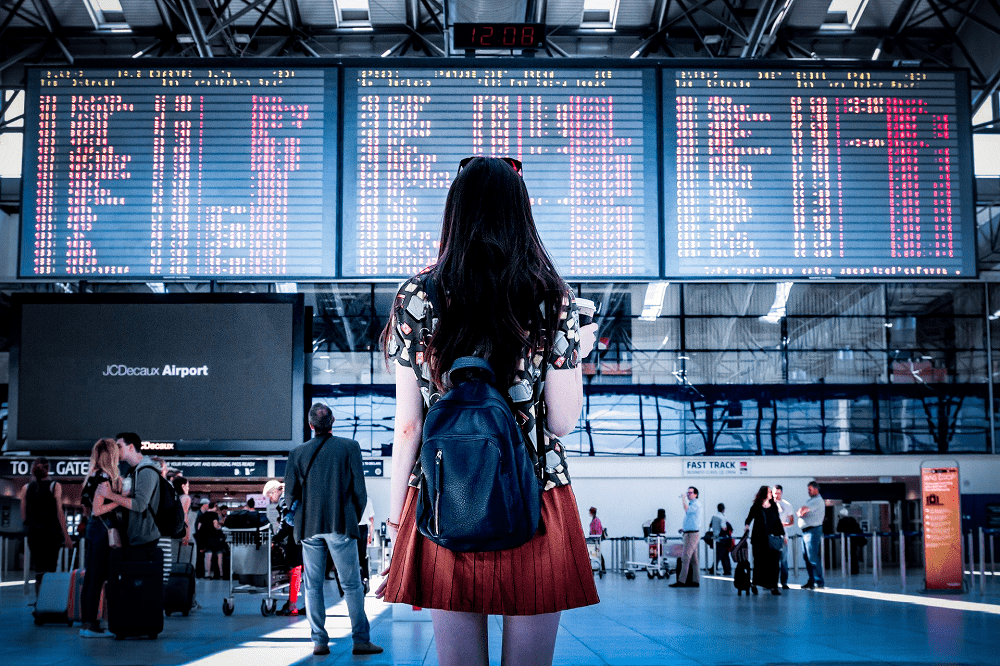Are the many tourist labels to protect against Covid-19 effective?
Many European countries are getting ready to reopen their borders, after more than a year where the world has been at a standstill or even at a standstill… But how to protect oneself against the virus that continues to circulate?
Although tourism is in full revival, the actors of the sector wish to reassure their customers, always worried about the idea of a new wave. Thus, several labels are gradually being set up. The objective? To guarantee the sanitary safety of the establishments and the transports. An initiative intended to reassure customers in order to fully revive the tourism economy…
What are these safety standards?
With the Covid-19 pandemic, new disinfection protocols were put in place, both to fight the virus and to reassure consumers. This began with protocols such as “Clean & Safe” implemented by Turismo de Portugal. This free label, valid for one year, was intended to reassure as quickly as possible and could be obtained by following the recommendations of the Portuguese General Directorate of Health.
In the months that followed, the number of labels related to tourism multiplied throughout Europe. We can quote :
Abu Dhabi’s ‘safe and clean’ label (May 2020)
Lyon’s serenity charter (June 2020)
The “We’re good to go” label in the UK (July 2020)
Munich airport awarded the ACI Airport Health Certificate (January 2021)
And of course, we must not forget the famous “Safe Travel” label. Launched in May 2020, this highly prized label is awarded by the World Travel and Tourism Council (WTTC). It is now awarded by more than 275 destinations worldwide. Since the beginning of the pandemic, sanitary standards have evolved at an incredible speed.
What is the outcome of all these labels?
If it is difficult to draw a definitive conclusion on the efficiency of these labels at the present time, it is clear that the contagion has not been slowed down as much as we would have wished… Proof of this is the multiple waves suffered in France alone. And this is without counting the spread of variants (British, South African, Indian…) which continues to worry.
Does this mean that these labels are ineffective?
Probably not. However, there are obviously still major areas for improvement regarding disinfection. And this must be done with more modern solutions than a simple chemical disinfection of the tourist sites.
UV-C LEDs to the rescue of tourism?
Since tourism needs to adapt more than ever, Arkam offers a UV-C LED disinfection solution. UV-C radiation is virucidal and fungicidal, and can kill viruses that are present in a room. This is an effective way to protect yourself against the circulation of Covid-19.
One of the non-negligible advantages of this system is the guarantee of its effectiveness. Arkam offers a disinfection certificate for each and every cycle, so that everyone can be sure that their holiday destination is safe and virus-free.
As a corollary, this disinfection process is much less dangerous than chemical disinfection. Why is this? Well, because chemical disinfection takes place when the premises are empty. So no one is exposed to our UV-C LEDs. And since these LEDs do not emit ozone or other toxic vapors, there is absolutely no risk of inhaling anything dangerous (unlike chemicals).
In short, it’s time for the tourism industry (and many others) to focus on forward-looking solutions to ensure a gradual recovery. If you have any questions or need more information about our reinforced disinfection offers, you can contact us here.
You can also find us on our various social networks:
Translated with www.DeepL.com/Translator from French page


Comments are closed